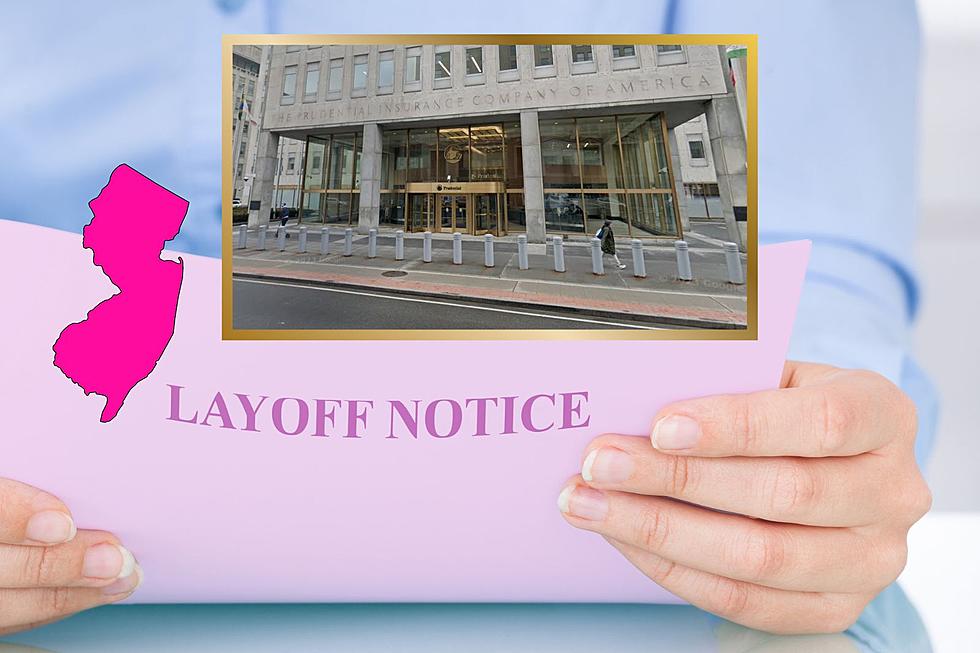
Rich state, poor economy in NJ, study shows
By any measure, New Jersey is one of the richest states in the nation. At the same time, according to an analysis by Bloomberg, the Garden State economy continues to sputter compared to most other states.
While some experts point to New Jersey’s high cost of living, very high taxes and burdensome regulations having a negative impact on economic growth, James Hughes, dean of the Edward J. Bloustein School of Planning and Public Policy at Rutgers University believes there are several other factors at play as well.
“Once the Great Recession ended Jersey’s economy started moving but then came Superstorm Sandy, and that wiped out the shore season in 2013 and still hurt it badly in 2014,” Hughes said. “The casinos stared to re-size with a vengeance, so those 2 unique events stalled growth, or at least held it back.”
Another major factor is the growing number of companies moving out the suburbs.
According to Hughes, in the 1980s and 1990s companies flocked to the Garden State, away from the cities, but that's no longer the case.
"Corporate America is no longer fleeing urban America, corporate America is downsizing its real estate footprint and is putting itself where millennials want to be,” he said. “Millennials do not want to be stuck out in the suburbs, so areas that are growing are 24/7 live, work play environments such as New York City, Boston Massachusetts and Philadelphia. They’re clustering there because that’s where the young, high-tech millennial workforce wants to be.”
Hughes added another factor is the changing pharmaceutical industry. He said when pharmaceutical research was concentrated in the Garden State companies wanted “secure, isolated fortresses, they didn’t want their employees interacting with anybody else, but now they want to be in collaborative environments, and so the movement of pharma is from suburban New Jersey to San Diego, to the Bay Area, to Boston Cambridge.”
“They’re moving to areas where there has been substantial university investment in the life sciences – that’s the new business model, to be near those types of activities,” Hughes said.
According to Hughes, The University of Medicine and Dentistry of NJ and Rutgers University recently merged, which is helping to keep some pharmaceutical companies here, but many have already set out to different environments.
More From New Jersey 101.5 FM









